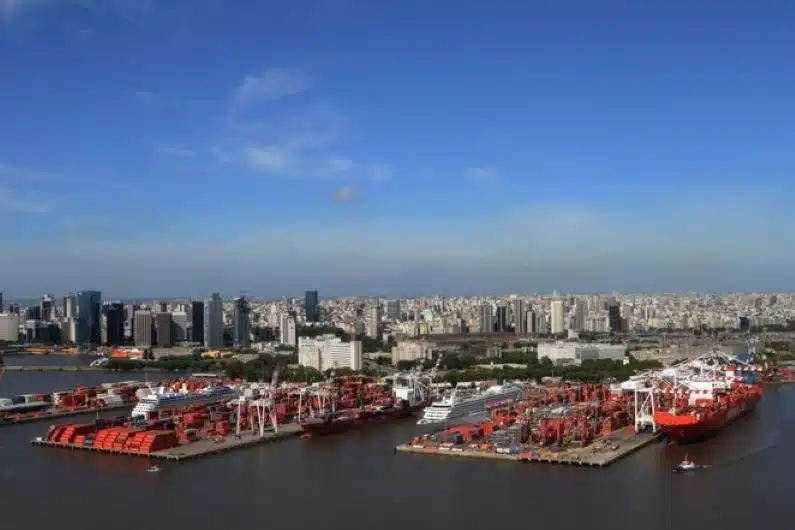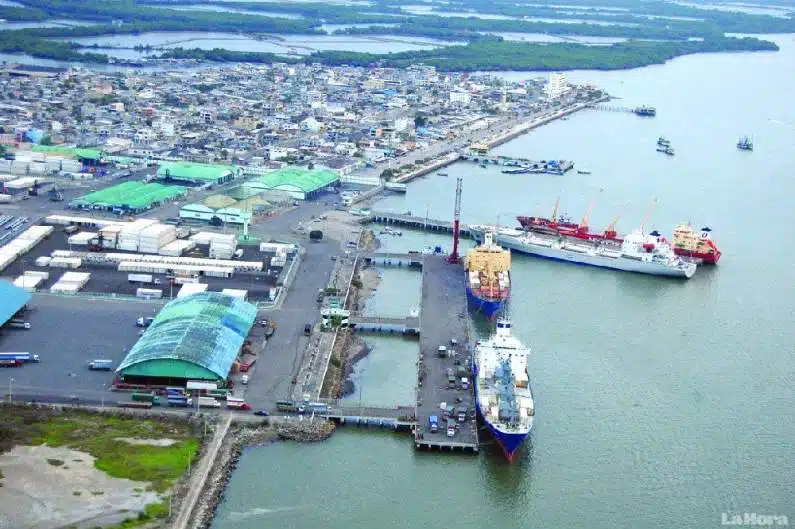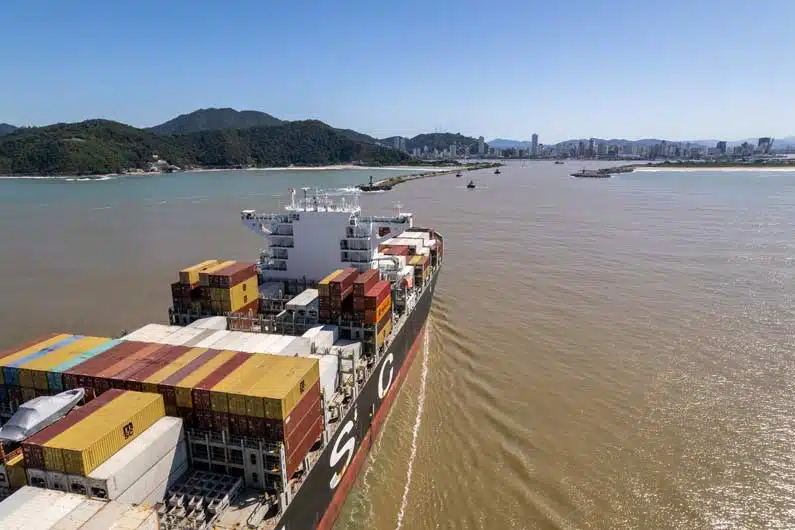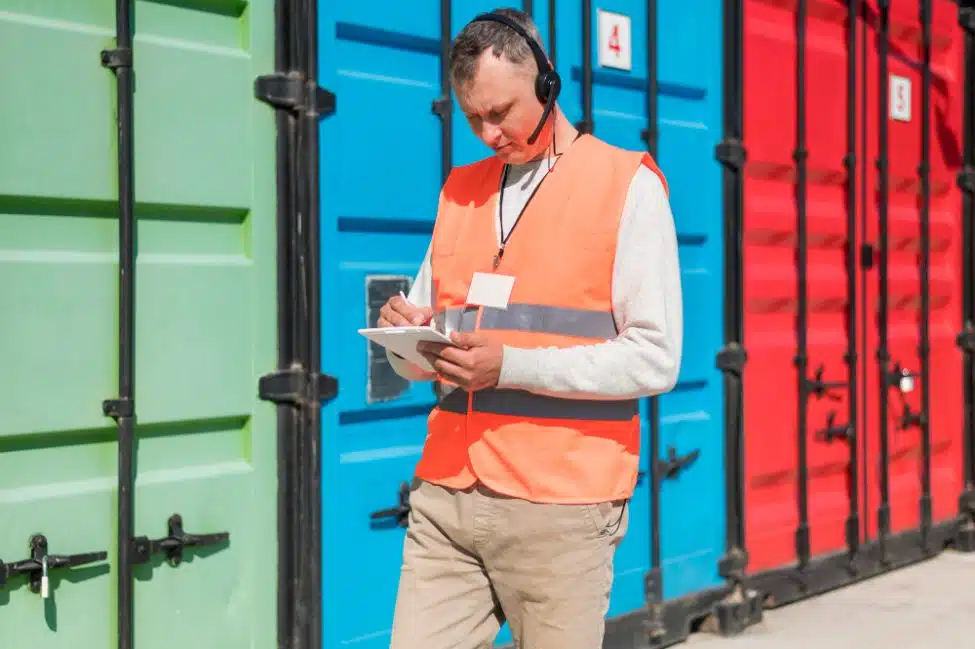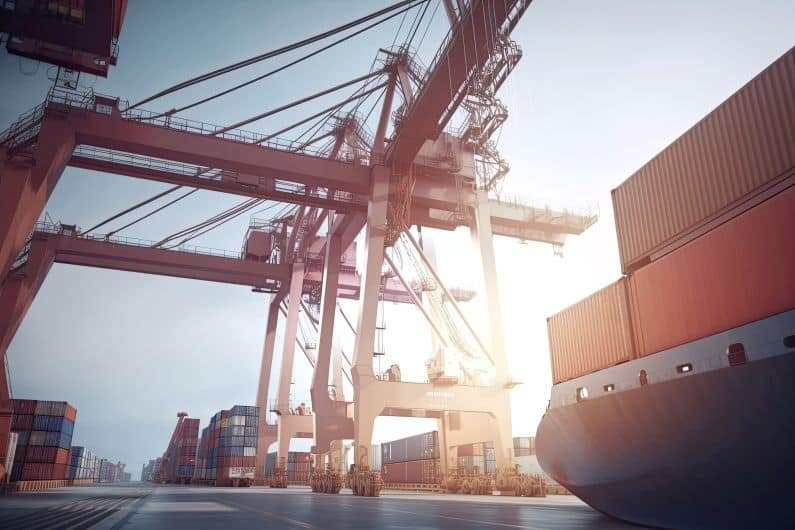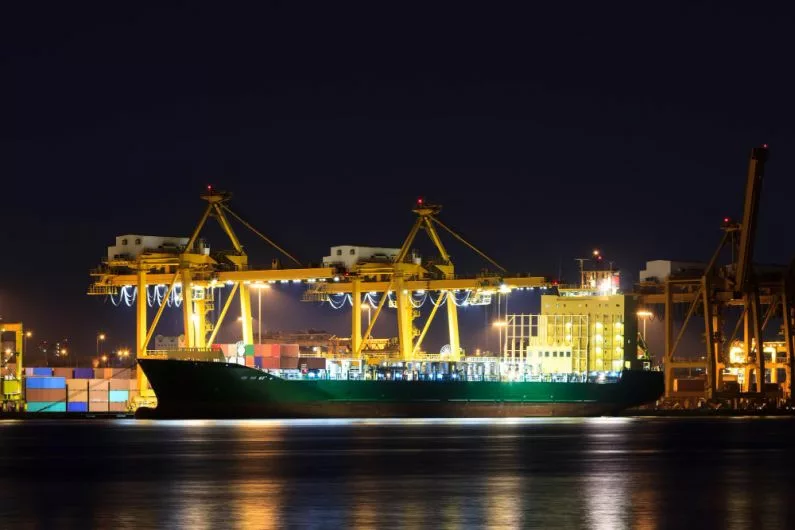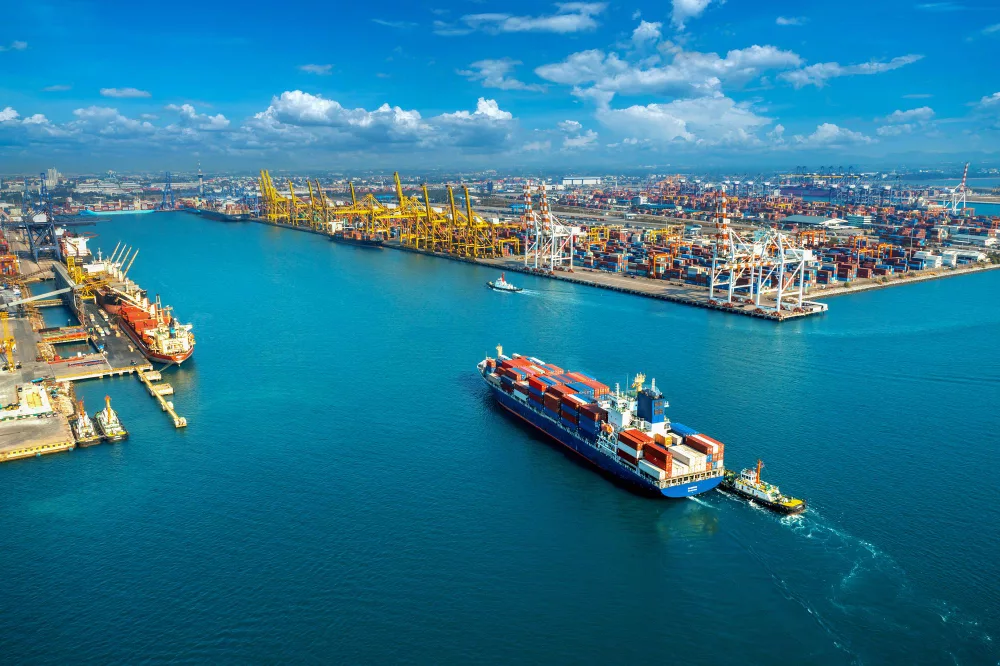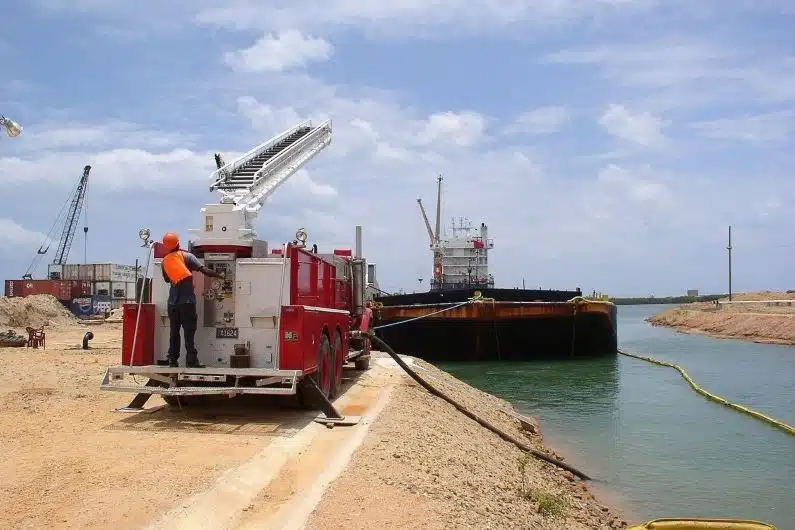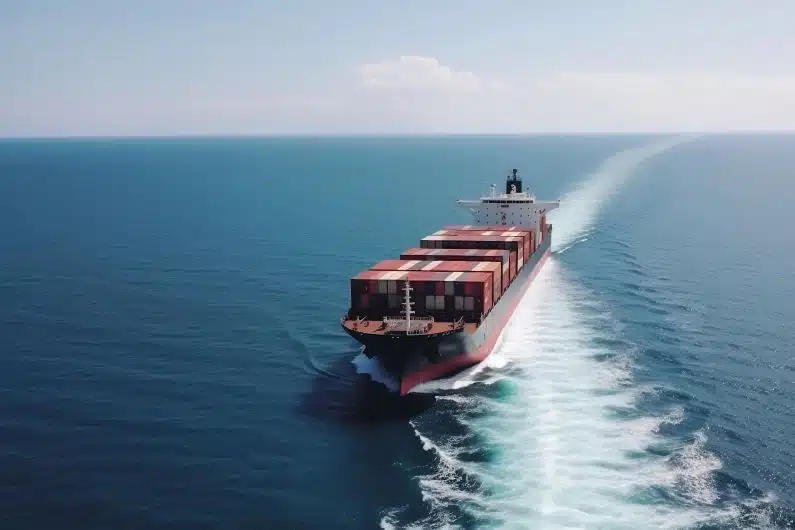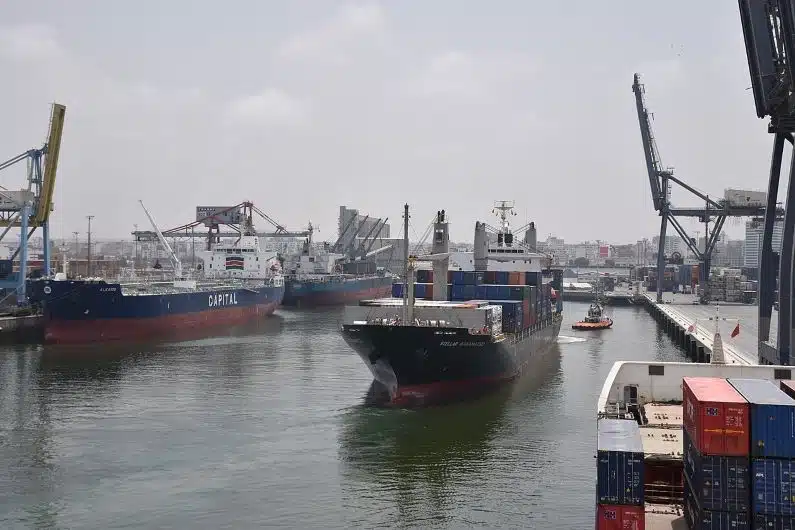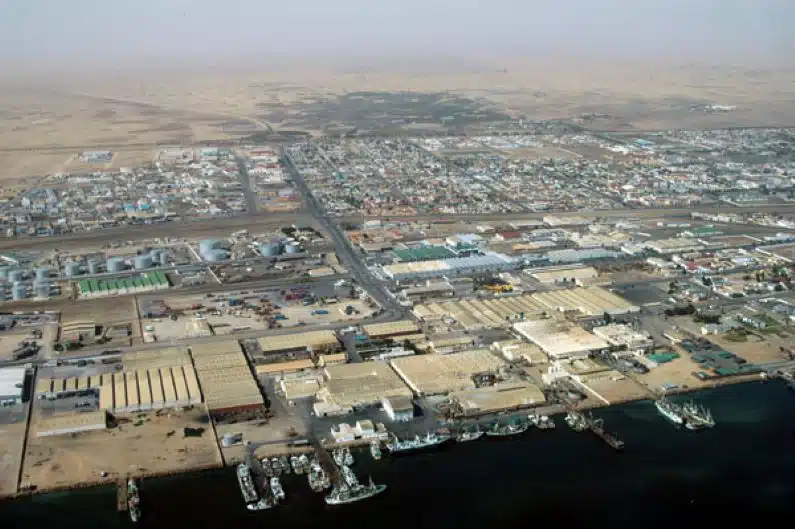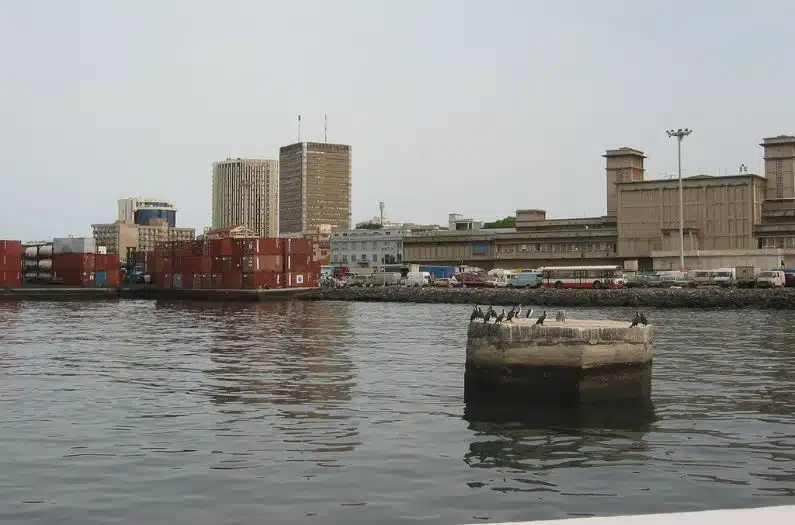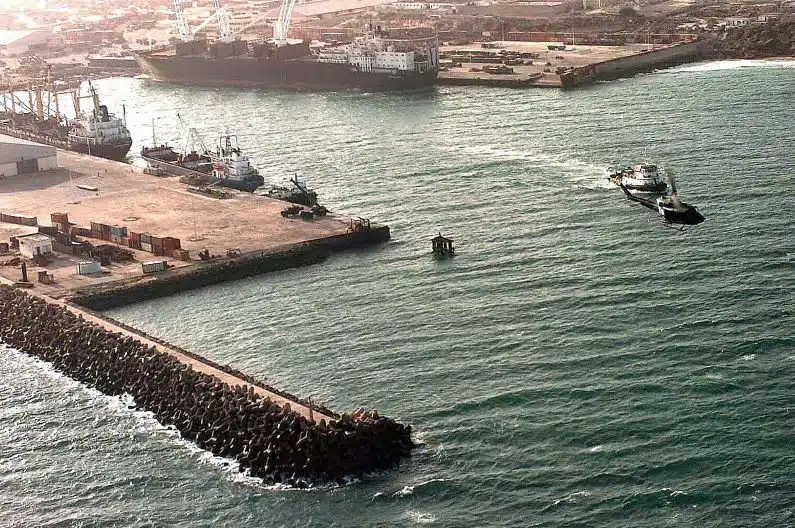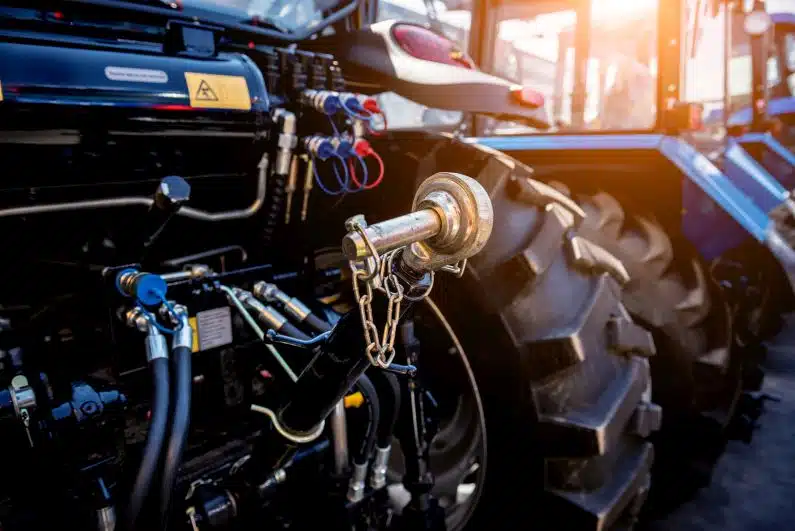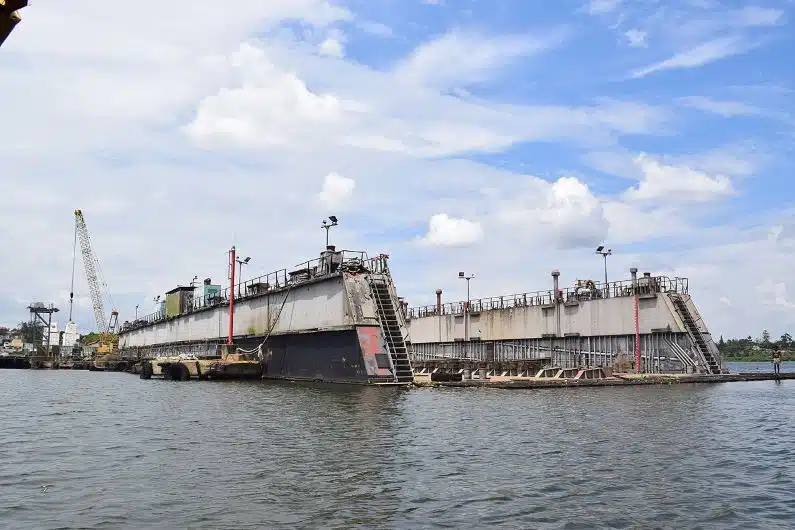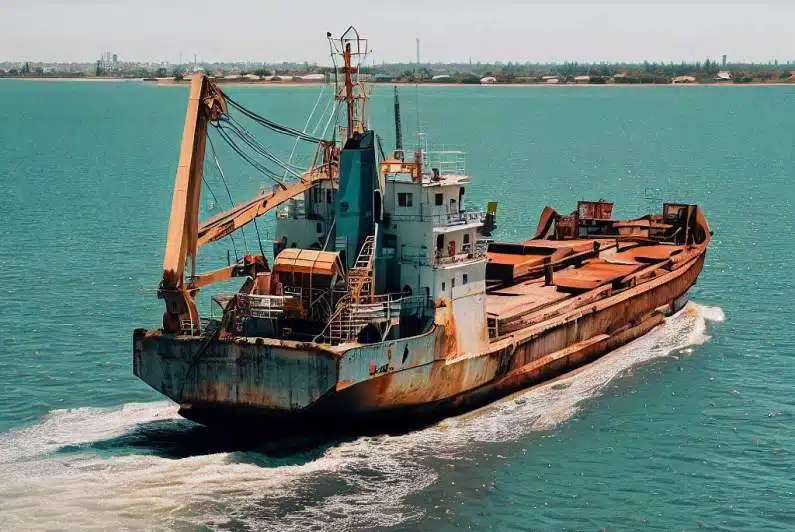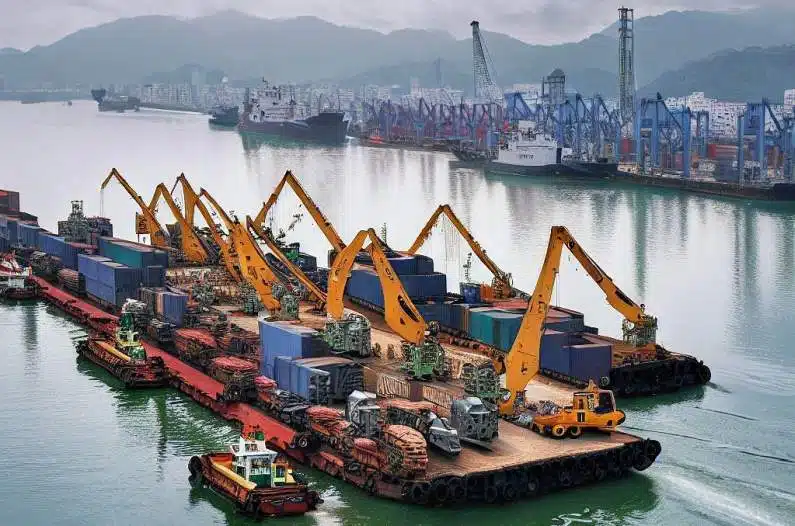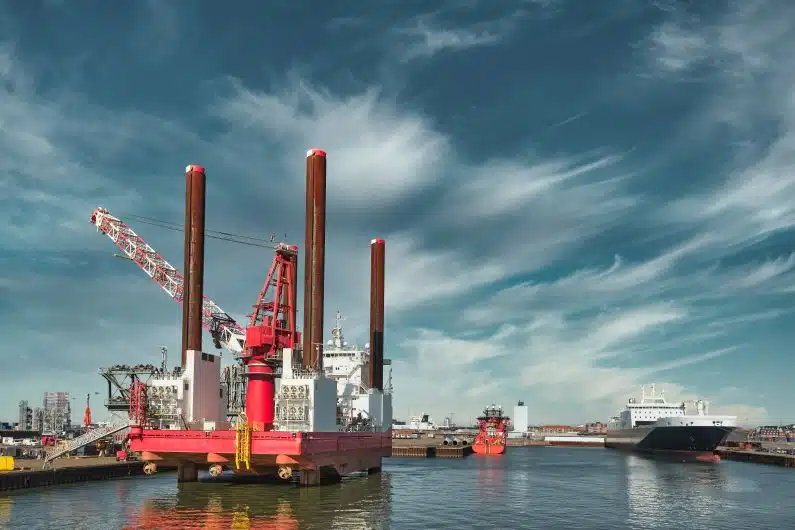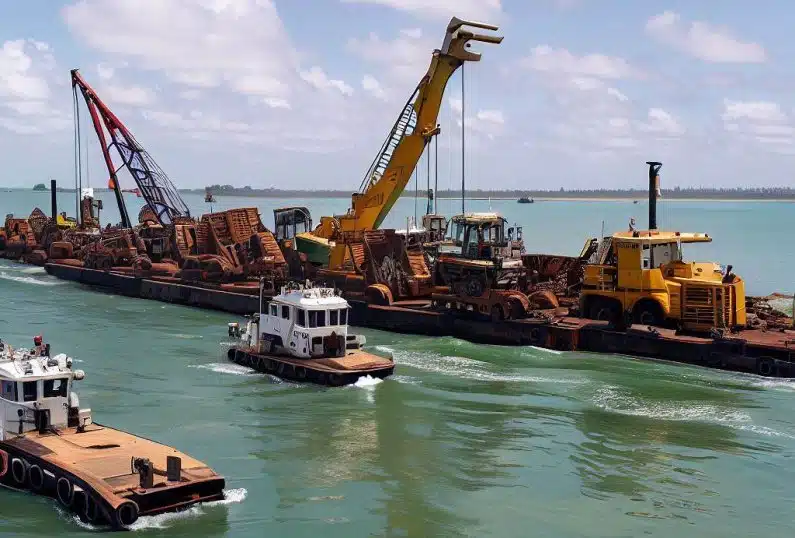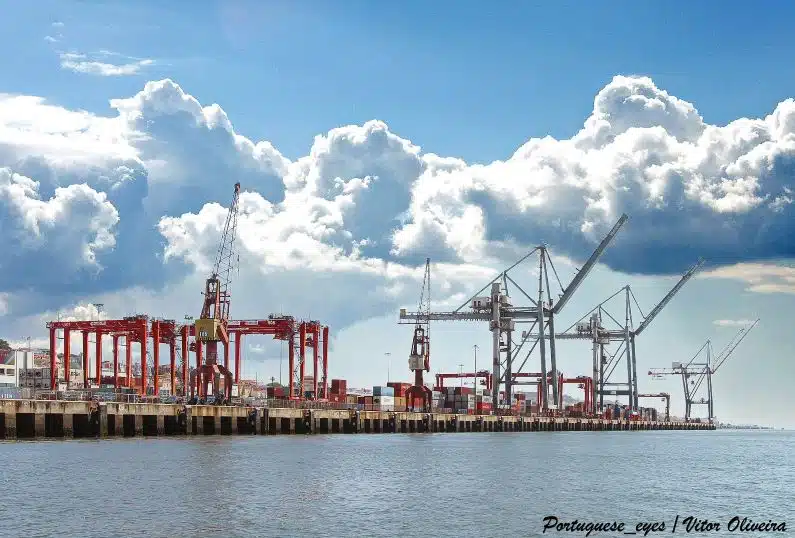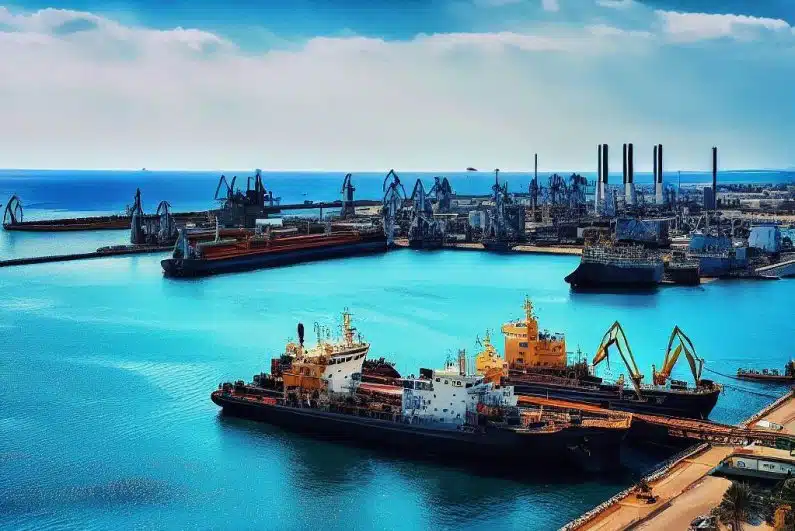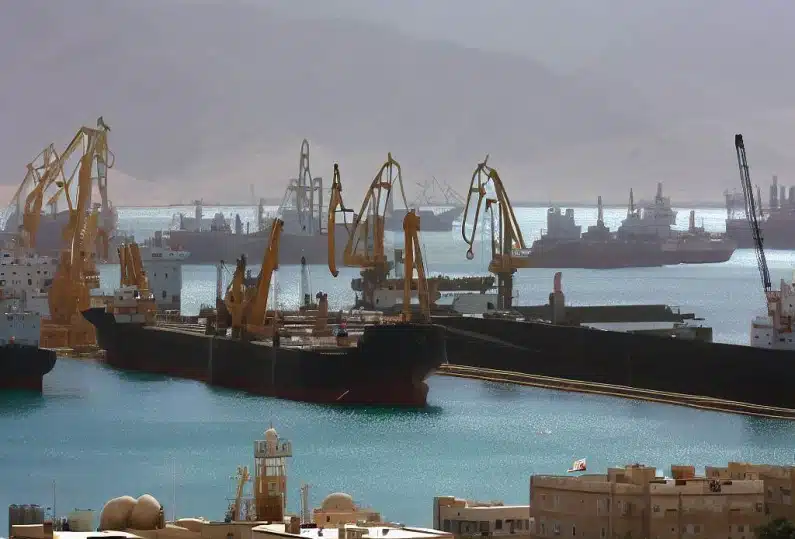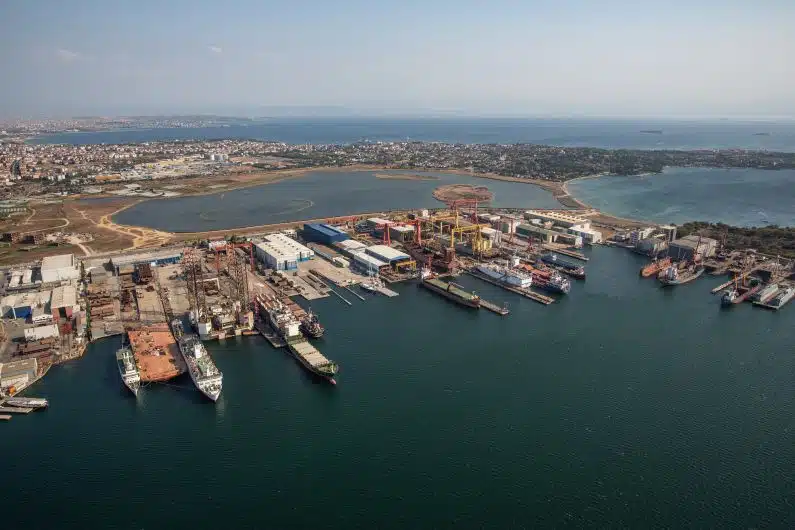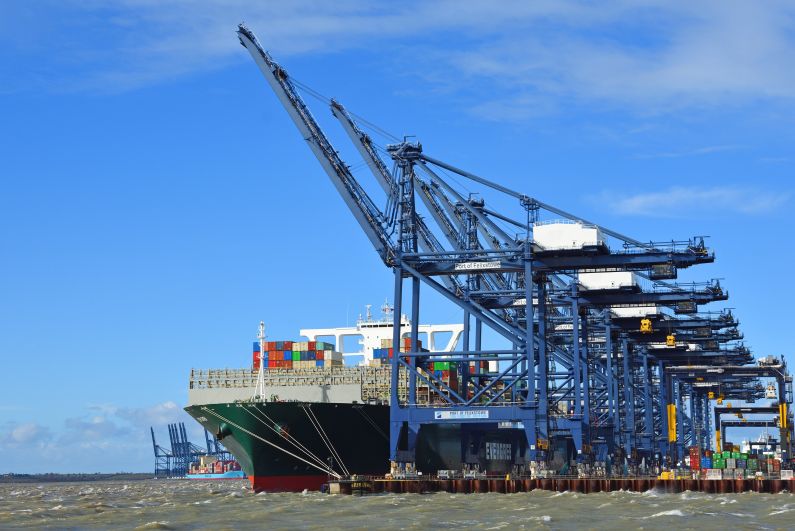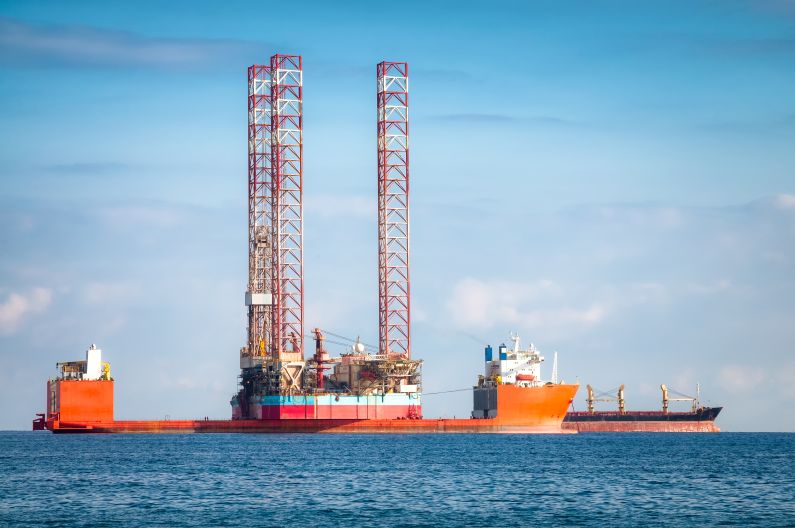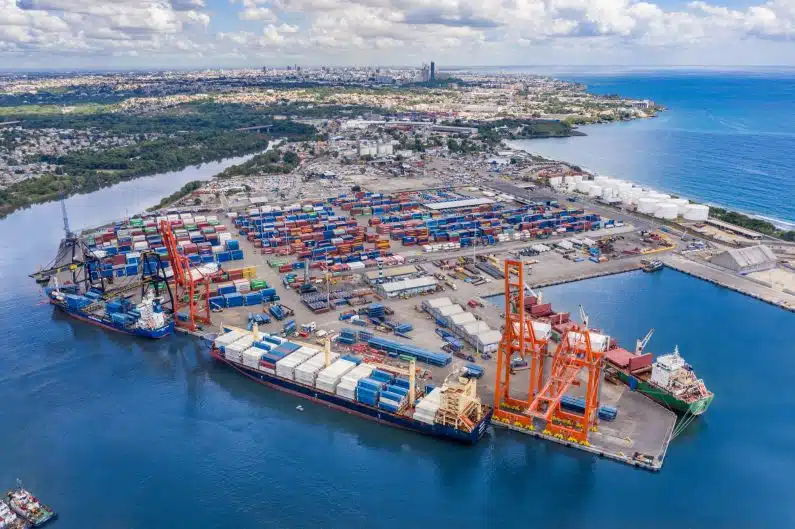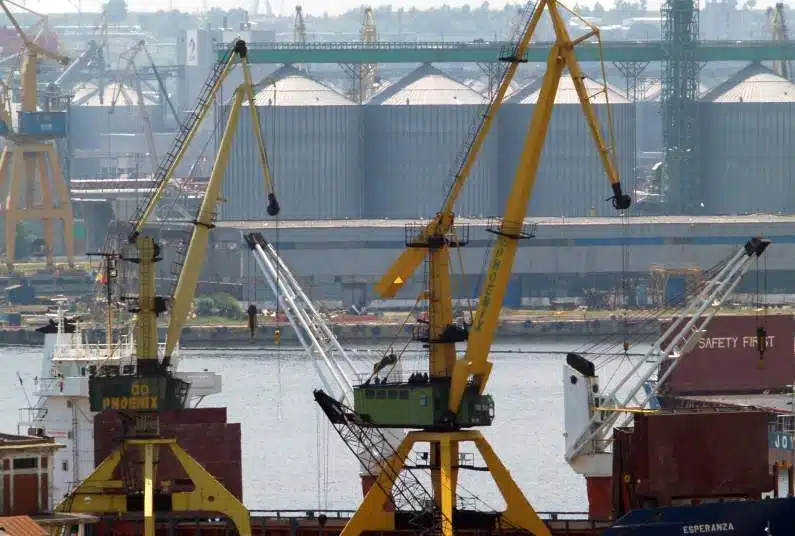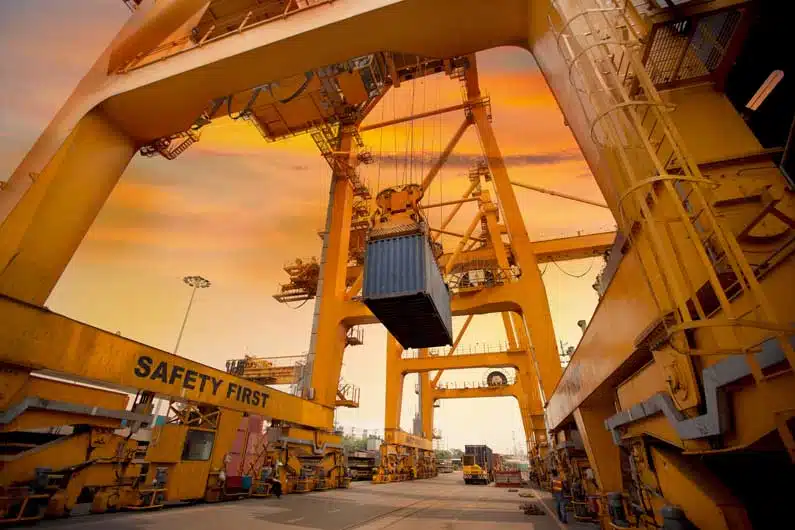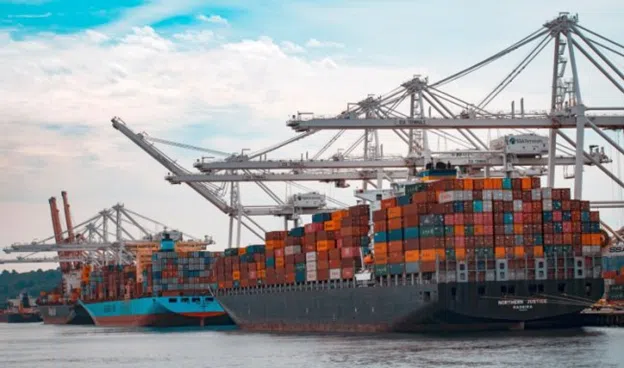In today’s global economy, the efficient transportation of heavy equipment and oil machinery plays a crucial role in supporting international trade and industrial growth. With Argentina being a significant player in the oil and gas industry, the shipping process of such equipment from Houston, a major hub, to Argentina, and back, demands careful planning, coordination, and expertise. This article will explore the steps involved in heavy equipment and oil machinery shipping to Argentina from Houston and back, highlighting the key considerations and challenges along the way.
The Importance of Shipping to Argentina
Heavy equipment and oil machinery shipping to Argentina from Houston and back hold significant importance for various reasons. Firstly, Argentina possesses vast natural resources, including oil and gas reserves, requiring advanced machinery for exploration, extraction, and refining.
Access to reliable and efficient equipment from Houston enables Argentina to optimize its resource utilization and enhance its energy production capabilities. Additionally, the transportation of heavy equipment supports infrastructure development, as Argentina invests in expanding its industrial and construction sectors.
The machinery shipped from Houston contributes to the growth of these industries, facilitating economic progress and job creation. Furthermore, the exchange of equipment between Houston and Argentina fosters international trade partnerships and strengthens bilateral relations, leading to mutual benefits in terms of technological advancements, knowledge sharing, and increased commercial opportunities.
Overall, the shipping of heavy equipment and oil machinery between Houston and Argentina plays a vital role in supporting Argentina’s energy sector, infrastructure development, and economic growth.
The Process of Shipping to Argentina
Preparing for Shipment
Documentation and customs
The shipping to Argentina process begins with comprehensive documentation, including customs forms, invoices, packing lists, and relevant permits. It is essential to ensure compliance with both the exporting and importing country’s regulatory requirements.
Ensure all necessary customs documentation is prepared and submitted accurately to expedite the customs clearance process at the port of arrival in Argentina. Work closely with customs brokers to navigate any potential regulatory complexities.
Equipment inspection
It is of paramount importance to meticulously conduct a comprehensive inspection of the heavy equipment and oil machinery to diligently evaluate their overall condition, thereby ensuring their steadfast adherence to the indispensable safety standards and protocols. It is imperative to address and promptly resolve any discernible maintenance or repair requirements before proceeding with the crucial phase of shipment, effectively mitigating any potential risks or hazards that may arise during the transportation process.
Packaging and crating
To ensure the utmost protection of the machinery throughout its transit, it is imperative to give meticulous attention to the integral aspect of proper packaging and crating. This entails the conscientious implementation of secure fastening techniques, utilizing suitable padding materials, and judiciously considering the incorporation of weatherproofing measures. By adhering to these essential practices, the machinery is fortified against any potential risks or perils, thereby safeguarding its integrity and minimizing the likelihood of any detrimental damage.
Choosing the Shipping Method
Ocean freight
Given the size and weight of heavy equipment and oil machinery, ocean freight is the most common mode of transport. It offers cost-effectiveness and accommodates large cargo volumes. Selecting the appropriate shipping container, such as flat racks or open-top containers, is essential to match the equipment’s dimensions and ensure safe loading and unloading.
Air freight
In certain instances, when expediency becomes paramount or in the case of more compact machinery, the possibility of availing air freight may be contemplated. However, owing to the substantial financial implications correlated with air transportation, this particular mode of shipment is predominantly reserved for time-sensitive consignments that demand immediate attention.
Coordinating Logistics
Transport to port
Coordinate with a specialized heavy-haul trucking company to transport the machinery from its location in Houston to the port of departure. These companies have the expertise and equipment necessary to handle oversized cargo.
Port operations
At the port of departure, the freight forwarder will oversee the loading of the machinery onto the designated shipping container or vessel. This process requires careful handling, and securing equipment to prevent any movement or damage during transit is crucial.
International Shipping to Argentina
Insurance
Ensuring the safeguarding of the machinery throughout its transportation is of utmost importance. It is advisable to explore the option of procuring a comprehensive cargo insurance policy, which serves as a valuable risk mitigation measure against potential losses or damages that may occur during the transit process.
Returning Machinery From Argentina to Houston
Reverse logistics
The process of returning the heavy equipment and oil machinery from Argentina to Houston follows a similar pattern. Collaborate with the freight forwarder to arrange for customs clearance, transportation to the port of departure, and subsequent shipping back to Houston.
Maintenance and repair
After the machinery returns to Houston, conduct a thorough inspection and address any maintenance or repair requirements before further use or subsequent shipments.
Why Texas International Freight Is the Best Option When Shipping to Argentina
When it comes to heavy equipment and oil machinery shipping to Argentina, Texas International Freight emerges as the customer’s best option. With our extensive experience and expertise in handling specialized cargo, they have established themselves as a trusted partner in the logistics industry.
Texas International Freight understands the unique requirements of shipping heavy equipment and oil machinery, ensuring proper documentation, packaging, and adherence to regulatory standards.
Our network of reliable carriers and freight forwarders enables seamless transportation from Houston to Argentina, optimizing transit times and minimizing risks. Additionally, our dedicated team of professionals provides personalized and attentive customer service, offering guidance throughout the shipping process.
Texas International Freight’s commitment to excellence, reliability, and customer satisfaction positions them as the preferred choice for customers seeking efficient and hassle-free shipping of heavy equipment and oil machinery to Argentina.
Conclusion
Shipping heavy equipment and oil machinery from Houston to Argentina and back demands meticulous planning, expertise, and collaboration with experienced logistics partners. The careful coordination of documentation, packaging, transportation, and customs clearance ensures the safe and efficient transit of these vital industrial assets. By following the outlined steps and working closely with reliable freight forwarders, businesses can streamline the shipping process, minimizing delays, and maximizing productivity in the oil and gas industry.

